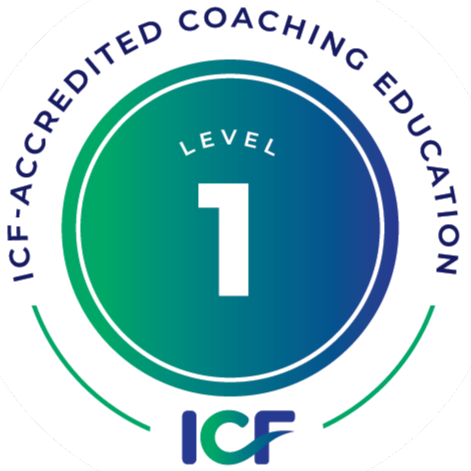
By Elizabeth Saigal, Ph.D.
This is the last in series of three posts inspired by attributes identified as being important to clients from the International Coaching Federation 2012 Global Coaching Study. The first two posts covered the importance of your value perceived by the client and support from your coaching community, respectively. Today’s topic is your level and depiction of coaching competence. Data from the survey relevant to this category is given below:
|
Theme |
Attribute and percent endorsed |
|
Level and depiction of coaching competence |
Level of coach-specific training: 66% |
|
|
Coaching experience in industry: 55% |
|
|
Curriculum vitae or resume: 53% |
|
|
Level of formal education/schooling: 52% |
|
|
Delivery method used: 50% |
|
|
Other relevant experience/background: 49% |
|
|
Coaching credential or certification: 49% |
|
|
Number of years as a coach: 48% |
|
|
Work experience in industry or job: 46% |
|
|
Physical location of the coach: 34% |
|
|
Number of clients served: 29% |
* Please see the first post for the complete set of data.
It may seem surprising that this category is not first given that it is frequently a primary focus for the coach. However, the data suggests that it provides a necessary foundation for the coaching process from which the other aspects of providing value and building a community can grow. This means that life coach training underpins your business, but is not the driver of success.
Clients glean clues to coaching competence from information you share about the training you have had, your credentialing, the number of clients you have served, or the number of years you have in the industry. Your aptitude can also be supported by other experience you have from previous work, travel or education that supports your niche or some other aspect of your coaching practice. These elements can be marketed through your bio and personal story that you include whenever you present information about your business.
Attributions as to your abilities and professionalism also come from the accuracy, quality and presentation of your services. This means that websites, documents, and audio sound should be high functioning and error free. Difficulty with navigation or understanding or use of your services will become part of the overall image that potential clients have of you. Elicit feedback on your marketing materials and your coaching. This not only aids you in refining the process, but also demonstrates your commitment to yourself and your community through the improvements you make from listening to this advice.
The results from the 2012 ICF global coaching survey can be grouped into three areas that are critical to the success of your coaching business. The third category and the subject of today’s post is the perception of your ability as a coach. This is a combination of learning how to do it, putting it into practice, drawing from your other skill sets and having confidence in your coaching acumen. You have been trained in a process that benefits those with whom you work; there is no need to be modest about this skill. With this faith in your proficiency, you can benefit your business through the second category of growing your coaching community. Share what you know about coaching and how it is done and tie this into the specific need your business addresses. This brings us to the first category of your value in the marketplace. What do your potential clients know about how working with you can make a real difference in their lives?
Those that would benefit from working with you can only do so if they know about you. Sharing information about your capability allows you to make connections with the people who are actively seeking you. Assert your competence by telling your story and personal coaching achievements and tie this into the value you provide. When your community is impressed with you they are more likely to directly experience your coaching value as well as share your name with others.
Dr. Elizabeth Saigal has been an ILCT student since Spring, 2012, and is working towards becoming a Master Life Coach. Her ideal client is one who is intent on connecting with their inner truth and aligning with their intuition to live a life on purpose. You can connect with her by email at [email protected].




